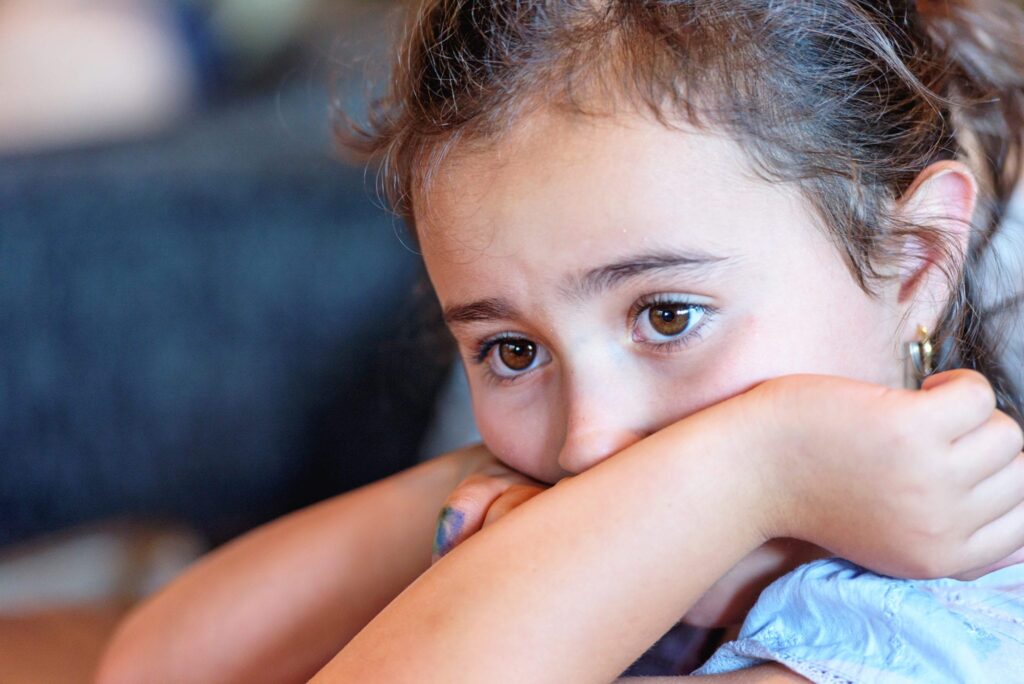Social, emotional, and academic development (SEAD) is the latest buzzword in education. But what does it mean exactly? Usually, when you hear about social emotional learning or SEAD, it’s often about a curriculum or a program that explicitly teaches children skills around managing their behavior and emotions, instead of addressing the context in which students are developing. This inherently makes these efforts about controlling students rather than holistically supporting their development.
If educators and policymakers really wish to support SEAD, they will need to broaden their understanding of development beyond specific skills. Part of this entails recognizing the need for mental health supports. When students’ mental health needs are supported, they do better in school. But these supports are inequitable in schools. A recent ACT report determined that students of color were less likely to report that they could reach out to a teacher or school counselor for mental health support. This adds to growing evidence that students of color and students from low-income backgrounds do not have equal (and much less equitable) access to school counselors, when in fact, they deserve more access to school counselors than their peers. This is a problem, and it’s not the only one.
Aside from mental health supports such as school counselors, students need holistic support through sound policies and evidence-based practices. Too often, educators focus on the most explicit supports aimed at mental health or social emotional learning, and forget that everything students experience in schools impacts their social, emotional, and academic development. Whether students’ identities are affirmed or told to be left at the door, whether students have opportunities to repair relationships or are excluded when conflict occurs, and whether students are provided with rigorous material or aren’t academically challenged all have an impact on SEAD. This means revisiting discipline policies, professional development, and systemic inequities.
In other words, educators and policymakers will need a holistic approach to completely support students. It’s more than teaching students to behave — it’s giving students opportunities to reflect on their behavior in positive and supportive environments. It’s more than having school counselors in place to address mental health issues — it’s creating learning spaces where students feel emotionally and mentally safe. And it’s more than telling students it’s important to empathize and respect different cultures — it’s building empathy and cultural competence in the adults who care for students. Instead of narrowing the focus to teaching students specific social and emotional skills, educators should integrate this work into academics by creating equitable learning environments and using evidence-based practices. After all, social and emotional learning shouldn’t be separate from academics anyway. They go hand in hand.





